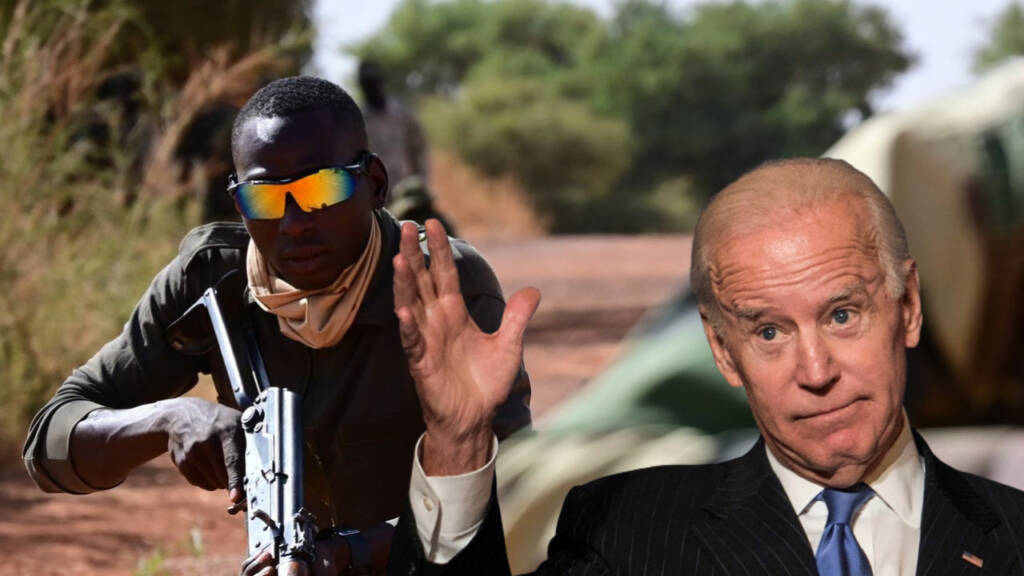Niger, a nation once hailed as a “model of democracy” in the region, finds itself engulfed in chaos and uncertainty due to a recent military coup. Just a few months ago, the US Secretary of State, Antony Blinken, praised Niger’s democratic progress during his visit. However, the situation has drastically changed, and the country now faces an uphill battle to restore stability and safeguard its democratic future.
The coup in Niger has drawn attention to the involvement of the Wagner Group, a private military company known for its security operations. Operating in countries such as the Central African Republic (CAR), Libya, Mali, and Sudan, the Wagner Group has established itself as a formidable player in the region, often providing security services and paramilitary assistance to troubled regimes in exchange for resource concessions and diplomatic support.
This raises concerns about the impact of Wagner’s intervention in Niger and how it could affect the interests of Western nations.
Additionally, Al Qaeda’s involvement in opposing the coup adds further complexity to the unfolding crisis. Originally created and funded by America to counter the Soviet Union in Afghanistan, Al Qaeda has since expanded its reach across the Middle East and West Africa. In Africa, it is known as al-Shabaab.
The recent Al Qaeda attack on Wagner forces near Niger suggests that America still wields some influence over the group, sparking questions about its role in the ongoing coup.
The Wagner Group’s Stronghold in the Sahel Region
The Wagner Group’s involvement in Niger could have significant implications for the West and America. The company has a track record of supporting African governments in combat operations against rebel groups and securing lucrative resource deals in return.
For instance, approximately one thousand Wagner troops were deployed to CAR in 2018 to defend President Faustin-Archange Touadéra’s government against rebel attacks. In exchange, Wagner subsidiaries received unrestricted logging rights and control of the Ndassima gold mine. Such actions have solidified Wagner’s hold on the Sahel region, raising concerns about the potential consequences of its involvement in Niger’s coup.
Read More: Mineral resources: The terrorists in Zamfara state of Nigeria are on the payrolls of CCP
America’s Waning Influence
As the crisis unfolds, it becomes apparent that America’s grip on the Sahel region is weakening. In response to its declining influence, America appears to be relying on its subsidiary, Al Qaeda, to prevent the coup’s success in Niger. The group’s actions near Niger signal America’s continued efforts to exert influence in the region without direct intervention, which could have implications for regional stability and international relations.
The crisis in Niger, fueled by the Wagner Group and Al Qaeda’s involvement, demands immediate attention, highlighting the delicate balance between democracy, security, and foreign interests. The US, cognizant of treaty limitations and international relations, appears to be using its subsidiary, Al Qaeda, to intervene indirectly.
Read More: Putin Removes Biden’s Parrot from Niger, Claims All Uranium Mines
The situation’s outcome remains uncertain – will the coup succeed, impacting Niger’s democratic aspirations? France’s involvement in uranium mines adds complexity, while America’s role in the region remains ambiguous. Only time will reveal the consequences.
Watch More:
